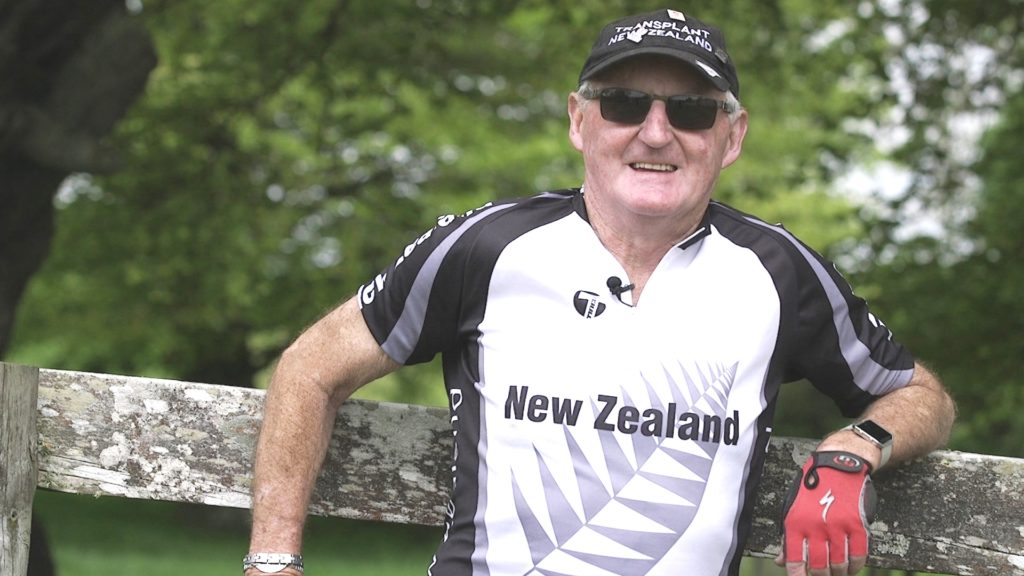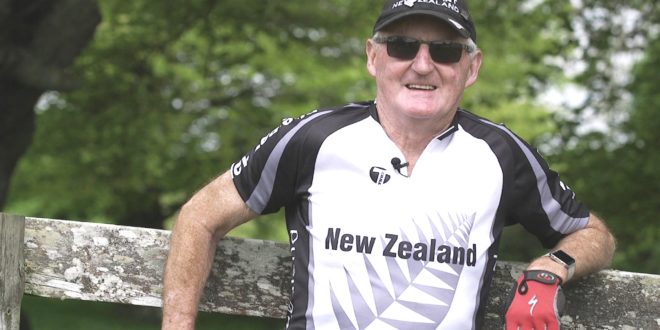Each year the lives of many New Zealanders are saved and transformed through the generosity of organ and tissue donors and their families.
Thank You Day, held on Sunday 18th November 2018, is an opportunity for the New Zealand community to say ‘thank you’ to all the individuals, both living donors and deceased, and donor families who have agreed to organ and tissue donation. The day is also an opportunity for transplant recipients to say thanks to the medical professionals, friends, family and often community who have supported them on their transplantation journey.
People of all ages need organ and tissue transplants and a transplant can mean the difference between life and death, being immobile or physically active, needing care themselves or being able to take care of their families, being blind or being able to see.
This Thank You Day Organ Donation New Zealand are launching a video (watch below) showing just how life-changing organ transplants are for the people who receive them. Among the recipients featured in the video is 73-year-old heart transplant recipient Bryan Eckersley.
 Bryan was seriously ill in his sixties and ended up having a major heart attack and needed to be shocked back to life. He was placed on the heart transplant waiting list and in 2005 with an estimated three weeks left to live, he received a new heart from a deceased donor.
Bryan was seriously ill in his sixties and ended up having a major heart attack and needed to be shocked back to life. He was placed on the heart transplant waiting list and in 2005 with an estimated three weeks left to live, he received a new heart from a deceased donor.
A keen road cyclist, Bryan is back in good health thanks to his transplant and has gone on to compete in the World Transplant Games and Australian Transplant Games collecting 63 medals for his efforts.
At the most recent Australian Transplant Games in Brisbane he set out to win three medals and came home with six!
He says he’s immensely grateful to his donor and their family, as thanks to the decision they made at an incredibly difficult time, he’s been given a second chance at life.
Organ Donation New Zealand (ODNZ) says that one donor has the potential to save the lives of up to 10 people through the donation of organs (heart, lungs, liver, kidney and pancreas) and tissues (eye tissue, heart valves and skin), while also transforming the quality of life for the recipients and their families.
There is no age limit for organ and tissue donation. If you are in a position where donation is possible, doctors will assess your organs following your death to determine whether donation is possible. Sometimes for medical reasons, you may not be able to donation your organs; however the donation of body tissues (eye tissue, heart valves and skin) can happen in most circumstances.
If you wish to become an organ or tissue donor, make sure you discuss this with your family. In the event of your death, a health professional will ask your family if they know your wishes. If you have told them, there is nothing else you need to do.
For more information about organ donation visit https://www.donor.co.nz/facts-and-myths/









Join the Discussion
Type out your comment here:
You must be logged in to post a comment.